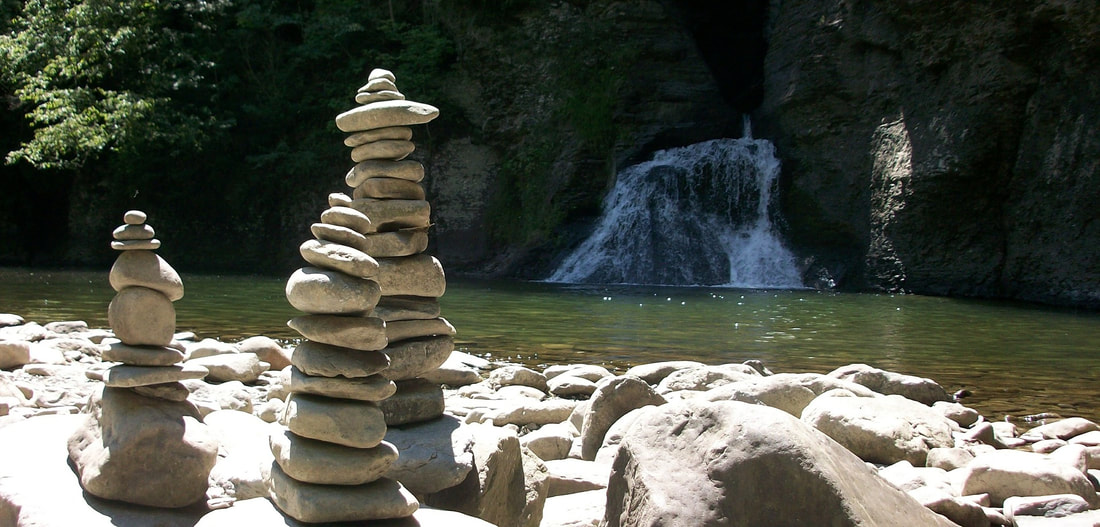Author: Martin Morrisonwww.linkedin.com/in/martinjmorrison  Image by Willabee Nightly from Pixabay An unquenchable thirst for knowledge
“Who am I?” and “Why am I here?” are possibly the two oldest questions that human beings have ever asked. We have been grappling with life, the universe and everything almost since the beginning of our time. Our hunger to understand the movements of the planets, the changes of the seasons and whether or not the body and soul are one or two separate entities are just some of the questions that have kept scientists, philosophers and mystics busy researching, experimenting, discussing and debating. What is knowledge? “I think. Therefore, I am.” Right? If it’s good enough for Descartes, it’s good enough for me. Sometimes we are adamant we know something, but we can’t prove it to anybody else. We have dreams that seem so real while we are in them, but no trace of them remains once we have woken up. Does that mean dreams are not true? Surely, they represent some kind of truth. What is true is that we experience them. The scientific method has brought us a long way. Not only have we gained greater understanding of the way the world is, we have learnt to harness its forces and to create all kinds of things. But in the end, the answers we gain from our scientific endeavours only lead to more questions. And that’s where we go full circle. We end up back where we started: who am I, and why am I here? Consciousness At the centre of the big questions is consciousness. We cannot see consciousness, and yet we are conscious. We cannot see other people’s consciousness, but they can share their experiences. Therefore, whereas any serious discussion around the nature of gravity or heat or energy will revolve around the things we can observe – the apple falling from the tree, water coming to the boil, or steam driving a turbine – any proper conversation about consciousness needs to be concerned with experience. One collective consciousness, many individual souls or none of the above? This is a key question. When we hear the language of spiritualists and many of the world’s religions, there is an assumption that each of us is a self-contained unit of consciousness, a soul, which is accountable for its actions. However, when we try to pin down the self, we come across obstacles. Our bodies are in a constant state of change and eventually all bodies die, so clearly, none of us can say we are the body. Likewise, our minds can be changed significantly because of life events that have a major impact on our psyche or because of brain injury. Head injuries often bring about profound changes in personality. So, it is fair to say we are not the mind. If we are not the mind and we are not the body, what are we? Meditation Practitioners of meditation often report feelings of being part of something much bigger than themselves while they are meditating and of feeling more connected and in harmony with other living beings after a meditation session. Buddhists speak of a state of no-mind, a purer state of awareness which transcends our thoughts, memories, habits and emotions. And they speak of a concept of no-self – again pointing to a state of being aware without being attached to any particular sense of identity. Biologists tell us that consciousness is a phenomenon which arises from brain activity, that when the brain dies, so does consciousness – there is no separate soul that inhabits the body or moves on after the body’s death. Advocates of artificial intelligence believe that programming will advance to the level that machines will develop consciousness. Human experience: spirits, mediums and psychics Human experience is the stuff of consciousness. If we are to explore the nature of consciousness, then we need to look at experience. Those who support the idea of individual souls will point to well-documented psychic phenomena as evidence. While the majority of stories about ghosts, poltergeists, mediums and psychics are usually easy to pull apart, there are isolated yet profound exceptions that leave even the most cynical scientists scratching their heads and wondering what’s gone on. Therefore, for the sake of discussion, let’s suppose that some of these incidents are genuine. How would we explain some of the more mystical psychic experiences within the wider context of consciousness, and do these phenomena lead us to conclude that the psychical world comprises countless individual souls or are we all reflections of one collective consciousness? Can a cloth cap have a ghost? Many reports of spirits include beings from another time or place being fully clothed or having other objects with them such as walking sticks or cloth caps, and some even report seeing other aspects of the ghost’s environment coming through – horse and cart, steam trains or other indications of bygone days. How can we explain this?
0 Comments
|
Please note that most of the articles have a "Read More" break, which is sometimes hardly visible.
It is located at the bottom of visible part of the article, on the right side. To continue reading the article, click on that link. This page may contain affiliate links meaning we earn a commission if you use those links.
We only recommend pages we appreciate and trust. Archives
March 2023
Categories
All

|
For guest posts or placing ads on our website, please use the contact form on the 'About/Contact Us' page.

 RSS Feed
RSS Feed

